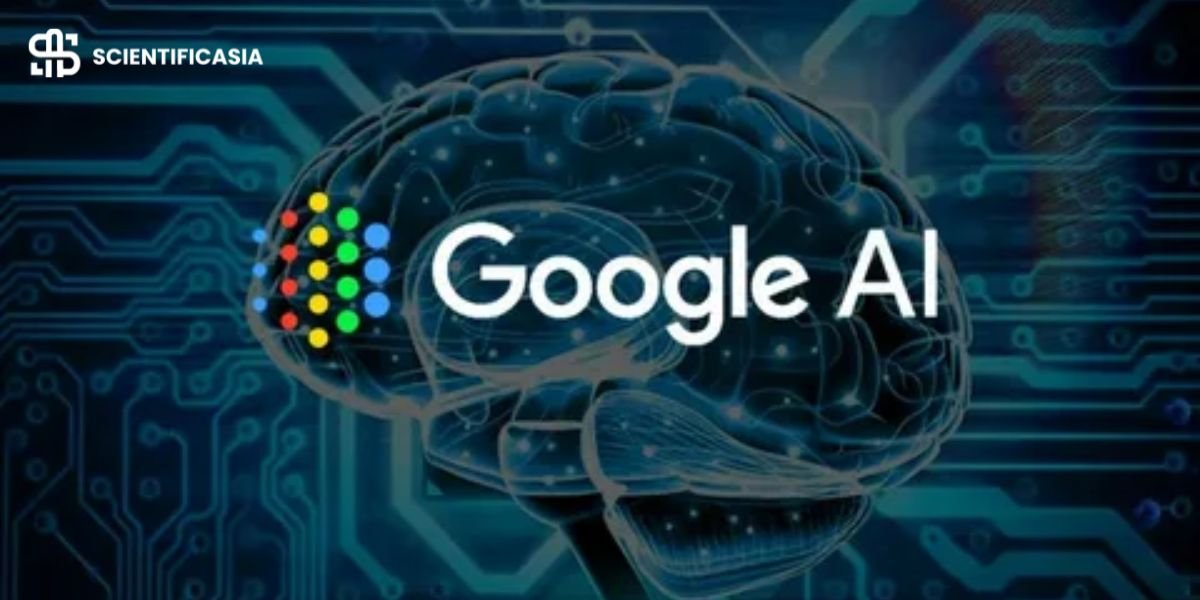Ask any top AI CEO which American rival keeps them up at night, and you’ll hear one name — Google. Every single time.
Why it matters:
In the global race for AI dominance, Google appeared slow to start. But rivals now admit they’re wary of its powerful combination of scientific talent, endless data, and deep financial resources. Those strengths could quickly shift the balance of power.
The big picture:
OpenAI—the early favorite in the consumer AI boom—has the most to lose. The company’s ChatGPT sparked an AI revolution in late 2022, but now it faces a fast-rising Google determined to redefine the next era of search.
Both companies are competing to build a smarter search experience—one where AI delivers instant, curated answers instead of a list of links. Whoever wins will control the front door to nearly everything Americans (and much of the world) do online.
Zoom out:
When ChatGPT exploded in popularity, Silicon Valley insiders mocked Google for losing focus. The narrative? OpenAI was nimble and creative; Google was slow and bureaucratic.
Yes, but:
That story no longer holds up. Google has quietly built momentum—rolling out AI agents, enterprise subscriptions, and chatbots across its platforms. Its Gemini AI model grabbed headlines in August with the Nano Banana image generator and the Veo video model, both praised for lifelike realism and advanced physics.
Behind the scenes:
Whispers in the industry say Apple might drop its own AI ambitions and lean on Google to power the next generation of Siri. Even Apple seems to recognize that, for now, Google simply does AI better.
Between the lines:
OpenAI’s challenge is money. Its AI training and scaling efforts require constant fundraising. Google, meanwhile, runs a profitable empire that can fund AI research indefinitely.
Thanks to its global reach through Search, Chrome, and Android, Google already has the distribution advantage that startups dream about. OpenAI may be trying to build a business big enough to support $1.4 trillion in infrastructure over the next eight years—but Google can use its existing revenue streams to fuel its AI ambitions.
The intrigue:
Venture capitalist Josh Wolfe predicts that Google might one day use its search profits to make Gemini free—or nearly free—drawing users away from ChatGPT.
That raises a big question: what would that business model even look like? Google has hinted that it could bring advertising into AI-generated answers, but the details are still under wraps.
The bottom line:
The real contest isn’t just about who builds artificial general intelligence (AGI) first—it’s about who turns AI into a profitable and sustainable business.
For now, Google may look like the sleeping giant—but every competitor knows exactly what happens when it wakes up.
















